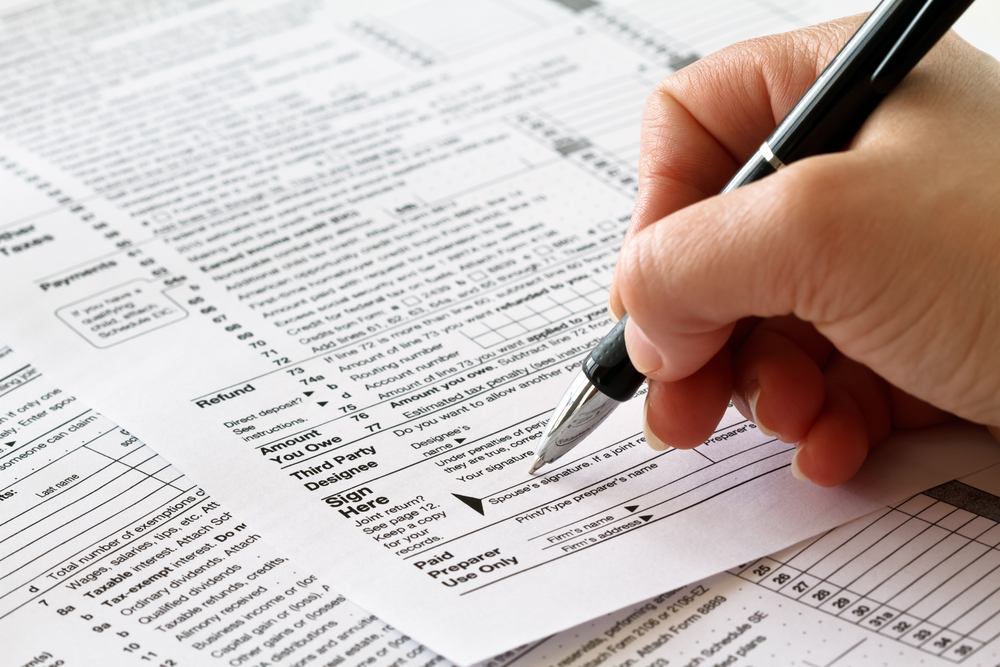The superrich call them “trust reveals” — meticulously planned events where the next generation learns…
I’m Too Young to Need a Will
When most people in their 50s don’t have a will, it’s no surprise that people in their 20s and 30s don’t think they need a will. However, they do, especially if they have small children.
Most of us live for a long time, before we come in contact with the death of parents or friends. However, others are unfortunately witness to the passing of people, for one reason or another, who die far too early. Death is a painful topic, and that’s why many people, especially young adults, don’t like to think about dying. That includes thinking about having a will.
The Lebanon Democrat’s recent article, “End-of-life planning beneficial no matter your age,” reports that two out of every five people older than 45 don’t have a prepared will—and they haven’t even thought about estate planning. Even a little bit of simple planning can help make life for your family much easier, when you die.
There will be less stress and fewer fights, and it can help survivors know what should be done and how to do it. However, if you die without a will, your property may be awarded to others, based on the decisions of a judge and an appointed administrator—who could be complete strangers to you.
Get all of your wishes down in writing so your family understands and can follow your instructions. This will make things much easier for your surviving family and/or beneficiaries. If you have a senior in your family, make certain that he or she has a will, especially while they are still legally competent.
Talk to an experienced estate planning attorney. You should arrive with some understanding of these basics:
- Name the individual, known as the executor, you want to administer your affairs.
- Decide who should take control of your possessions. Mapping out who gets what, can save a lot of time and anguish down the road.
- As you make out your will, also have your attorney prepare a living will—a legal document that states what actions should be taken for your health, if you’re no longer able to make decisions for yourself, due to illness or incapacity.
- Keep your original will in a safe place and be sure that others know where to find it, in case of an emergency.
Finally, be sure that you update your will as time goes by. Events such as the death of a spouse or other loved one, divorce, retirement, relocation or the addition of a family member may require changes to be made.
People think that seniors in failing health or people who have been struck by serious illnesses, are the ones who need to have a will. Having a will is just a part of adult life: making preparations for one of life’s eventualities, to protect the ones you love.
Reference: Lebanon Democrat (January 18, 2019) “End-of-life planning beneficial no matter your age”



